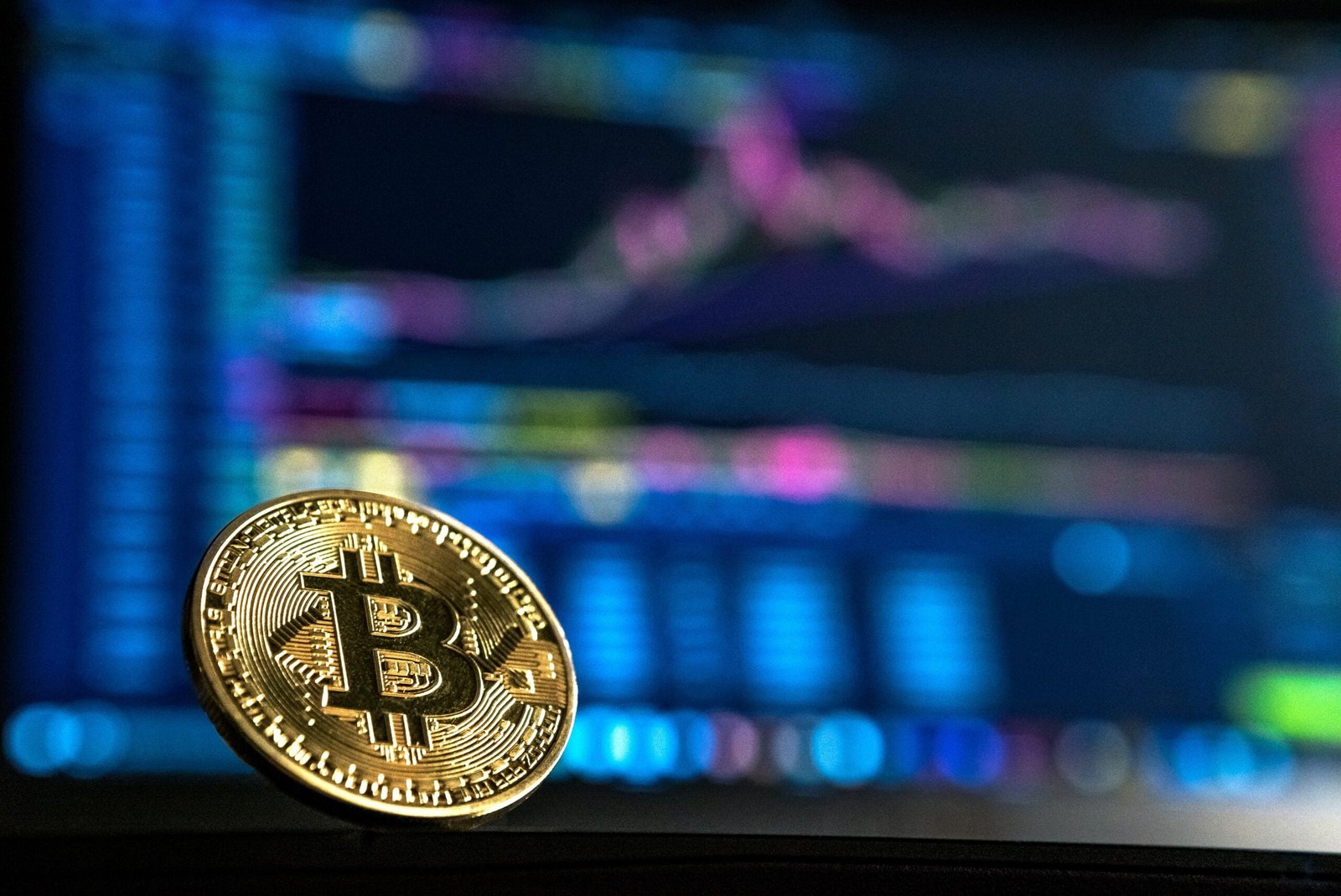The Impact of Tokenization: Reflecting on the 15th Anniversary of the Bitcoin Genesis Block
Today marks the 15th anniversary of the release of the Bitcoin Genesis Block, the birth of the world’s first cryptocurrency. It is a momentous occasion to reflect on the impact of tokenization and how it has transformed various industries. The Genesis Block: A Revolutionary Beginning On January 3, 2009, an anonymous individual or group known as Satoshi Nakamoto released the Bitcoin Genesis Block. This marked the start of a new era in finance, technology, and decentralization. The Genesis Block contained a message referencing a headline from The Times newspaper, highlighting the financial crisis of that time. Bitcoin, as a decentralized digital currency, opened up possibilities for secure peer-to-peer transactions without the need for intermediaries such as banks. This revolutionary concept laid the foundation for the tokenization of assets and the subsequent emergence of various cryptocurrencies. The Tokenization Revolution Tokenization refers to the process of converting real-world assets, such as real estate, artwork, or commodities, into digital tokens on a blockchain. These tokens represent ownership or rights to the underlying asset and can be traded or transferred easily and securely. The impact of tokenization has been profound, enabling greater liquidity, accessibility, and efficiency in various industries. Here are some key areas where tokenization has made a significant difference: 1. Financial Markets Tokenization has disrupted traditional financial markets by enabling fractional ownership of assets that were previously inaccessible to smaller investors. It has opened up opportunities for individuals to invest in high-value assets such as real estate, private equity, and fine art. Tokenized securities also offer increased transparency and efficiency in the trading process. 2. Supply Chain Management The use of blockchain and tokenization has improved supply chain management by enhancing traceability, reducing fraud, and streamlining processes. By tokenizing products and recording their journey on a blockchain, companies can ensure transparency and accountability throughout the supply chain, from raw materials to the end consumer. 3. Intellectual Property Tokenization has also revolutionized the world of intellectual property by allowing creators to tokenize their work, such as music, art, or inventions. This enables artists and inventors to retain ownership and control over their creations while easily monetizing them through token sales or licensing. 4. Gaming and Virtual Assets The gaming industry has embraced tokenization, allowing players to own and trade in-game assets as digital tokens. This has created new opportunities for players to earn real value from their virtual achievements and has sparked the development of decentralized gaming platforms. The Future of Tokenization As we celebrate the 14th anniversary of the Bitcoin Genesis Block, it is clear that tokenization is here to stay. The potential applications of tokenization are vast, and we are only scratching the surface of its possibilities. However, challenges remain. Regulatory frameworks need to evolve to accommodate the unique characteristics of tokenized assets. Security measures must be robust to prevent fraud or hacking attempts. Education and awareness about tokenization are also essential to ensure widespread adoption and understanding. Nevertheless, the impact of tokenization on our financial systems, supply chains, intellectual property, and gaming is undeniable. It has introduced a new paradigm of ownership, value exchange, and trust. As we move forward, it will be fascinating to witness how tokenization continues to shape our world. On this 14th anniversary of the Bitcoin Genesis Block, let us acknowledge the transformative power of tokenization and the ongoing evolution of the blockchain ecosystem.
